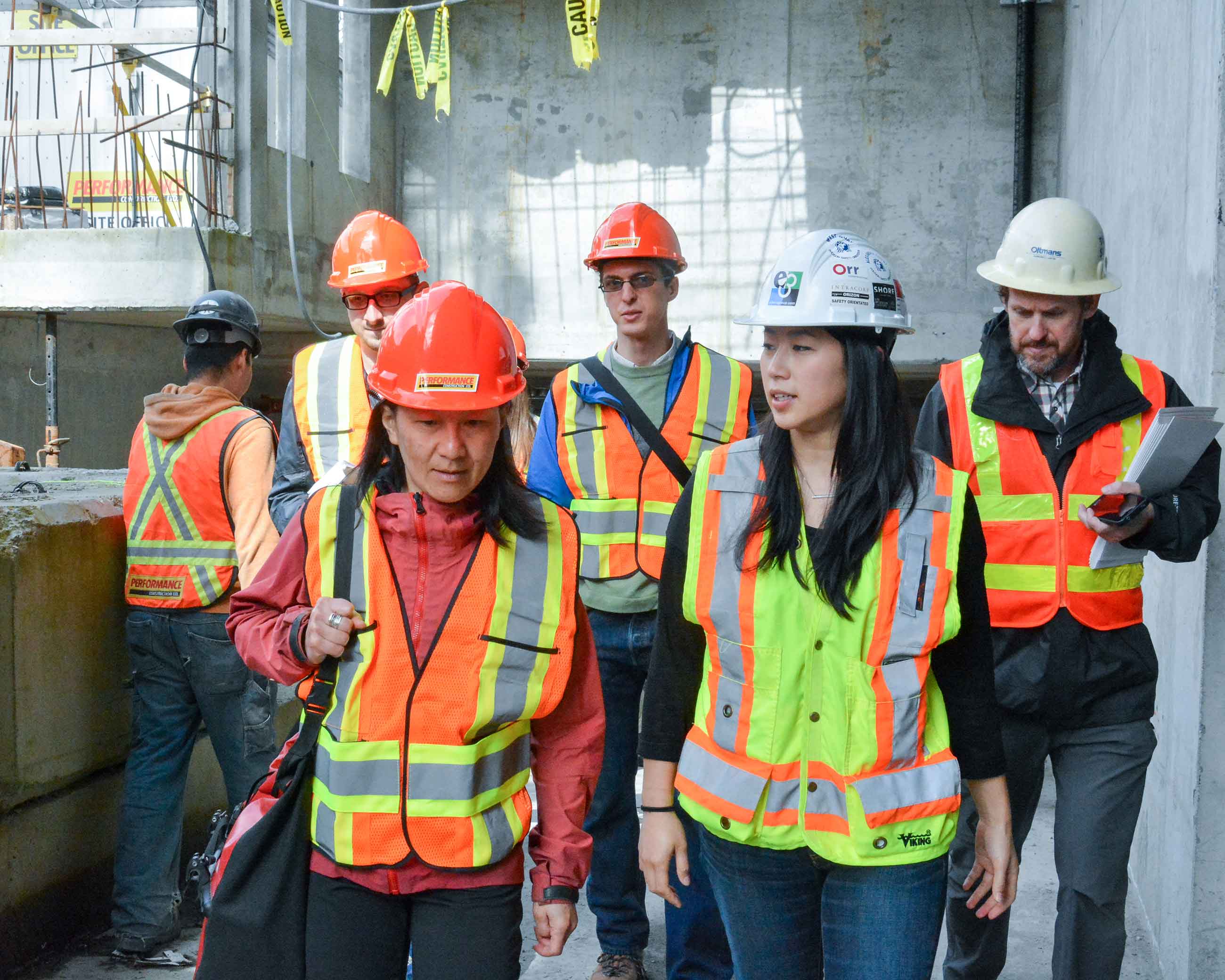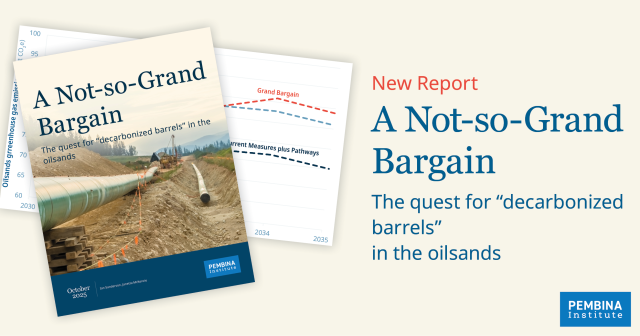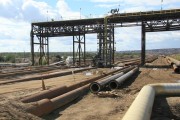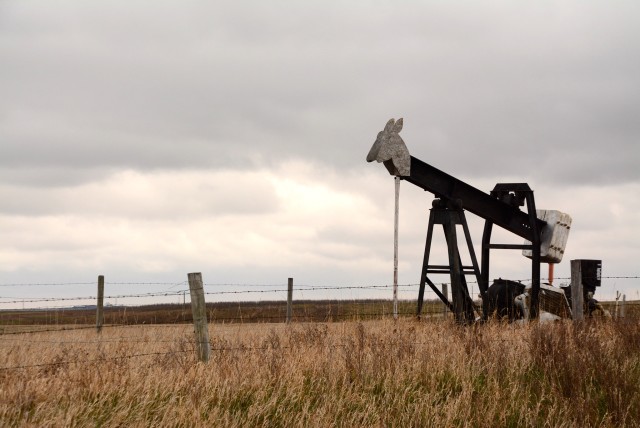Oil and gas production represents one third of Canada's emissions, and one twentieth of GDP. We study how technology, well-designed policy and robust regulations can ensure Canada is a competitive producer of low-carbon fuels and other products - while building an economy that is resilient to the sector's long-term decline.
Oil & Gas
Soon, the world is going to need much less oil and gas. The sector, and Canada's economy, must urgently adapt itself to that new reality.
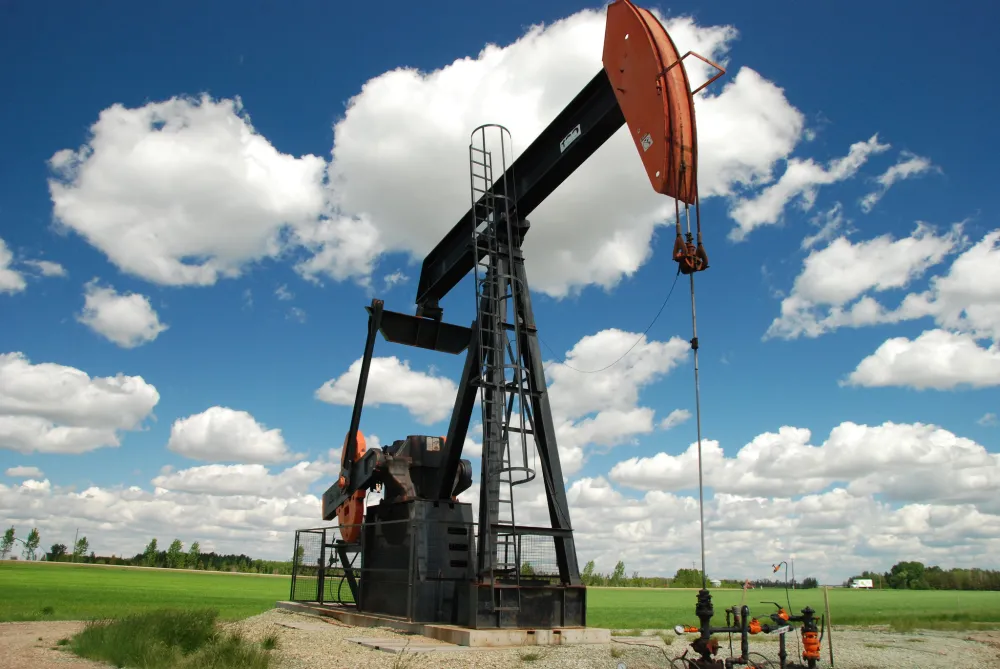
Canadian oil production is set to decline as consumers switch to using low-carbon energy
If the world achieves its pledge of net-zero by 2050, global oil demand will fall and Canadian crude oil production will enter into long-term decline in the 2030s, ultimately falling by 80% by 2050. (Data source: Canada Energy Regulator; see Meeting the emissions cap (2024))
Key numbers
of CO2 equivalent emitted for every barrel of Canadian oil produced, among the highest intensity in the world.
A Not-so-Grand Bargain
A new pipeline paired with carbon capture might sound like progress, but our analysis in A Not-so-Grand Bargain tells a different story.
Read the reportResearch & Analysis
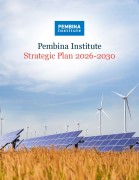
Strategic Plan 2026-2030
Pembina Institute's plan to advance Canada’s clean energy transformation
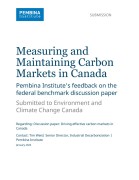
Measuring and Maintaining Carbon Markets in Canada
Feedback to Environment and Climate Change Canada's 'Driving Effective Carbon Markets in Canada' discussion paper

Five-year limits are crucial to the efficacy of equivalency agreements
Pembina Institute comments and recommendations submitted to the Standing Senate Committee on Energy, the Environment and Natural Resources
Alberta’s recasting of MOU in light of Venezuela raises concerns
Both Alberta and Ottawa must stay true to their promise to institute strong regulations that will drive down oil and gas emissions
Why work on oil and gas?
As the world transitions to cleaner energy sources, the oil and gas industry has to change.
A range of forecasters now expect that, as more of our energy uses become electrified (such as the uptake of electric vehicles and electric-powered home heating solutions), demand for fossil fuels will peak during the 2030s.
Oil and gas companies that have the lowest emissions associated with the production of their products will be in the best position to compete for the demand that is left. That includes demand not just for fuels, but for other end-products that will need low-carbon oil and gas feedstocks, such as petrochemicals and other materials.
This is the challenge for Canadian oil and gas, which is amongst the most expensive and carbon-intensive to produce and refine in the world. If companies do not adapt, they risk leaving behind significant financial and environmental liabilities—particularly in Alberta—that Canadians will have to pay for.
Our work offers practical, evidence-based policy solutions that will lead to rapid emissions reductions from the oil and gas sector, so that it can play its part in meeting Canada’s climate goals, and continue to offer economic benefits to workers and communities.
How do we do this?
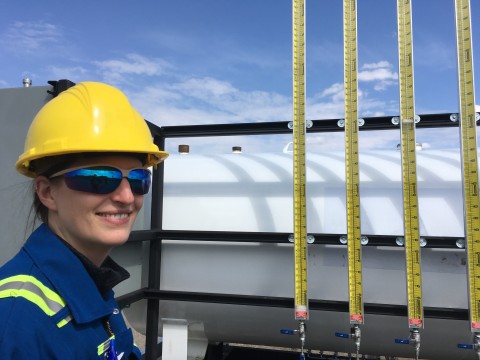
We advocate for oil and gas emissions to be regulated
Emissions from Canada’s heavy industrial sectors have fallen since 2005. Meanwhile, emissions from Canada’s oil and gas sector have grown. Although policy measures—such as the industrial carbon price and methane regulations—have incentivized companies to reduce emissions, it is clear further specific regulation for the oil and gas sector is needed. We advocate for governments to work with the industry to understand the decarbonization options that are available to companies, as well as the associated costs, so that necessary financial supports can be implemented alongside robust regulations. This will ensure that the sector is compelled to make crucial investment in emissions reduction projects, while protecting its ability to contribute to economic stability in Canada.
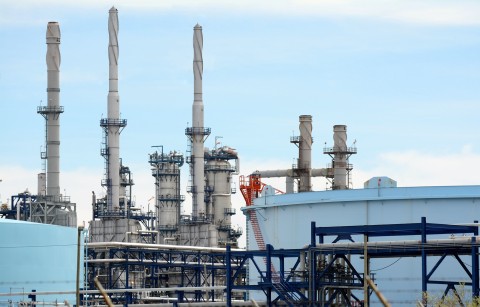
We raise awareness about methane emissions
Reducing methane emissions from Canada's oil and gas production using existing technologies is both achievable and cost-effective: a huge area of opportunity.
Search our methane work
Canada’s methane regulations have already had a positive downward impact on emissions in the oil and gas sector. We want to celebrate this success, while also advocating for regulations to be tightened further, in alignment with the rapid development of methane measurement and abatement techniques.
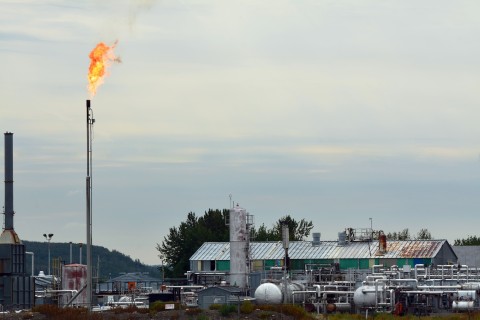
We track oilsands climate promises
Canada’s oilsands companies have pledged to decarbonize their operations and reach net-zero emissions by 2050.
But this has so far been accompanied by almost no action, with companies instead lobbying for additional public funding to turn their pledges into reality. We are concerned that time is rapidly running out for the companies to start work on reducing emissions, and taxpayers may be being asked to shoulder an unfair share of the cost.
We are tracking their progress. In doing so, we are encouraging companies to urgently provide more details on project timelines and investment decisions. Our work also aims to demystify some of the companies’ claims about what emissions reductions are feasible, on what timeline, and at what cost—so that politicians, policymakers, other environmental groups, the media and the public can hold these companies to account.
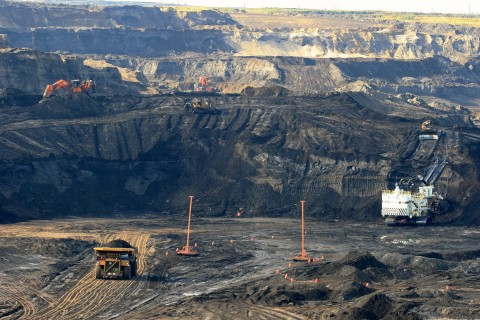
We highlight what the global switch to low-carbon energy use means for Canada’s oil and gas sector
As the world edges closer to 2030 and 2050—our milestone climate years—ever more policies to reduce emissions are being put into practice. This will likely have a downward impact on global demand for fossil fuels.
A big part of our work is to understand how and when this decline will begin, and to communicate this information to industry, governments, and the public.
For example, by understanding the future demand for natural gas we are in a better position to direct our ongoing research into British Columbia’s LNG production and export projects. These facilities pose serious challenges for B.C.'s own emission reduction targets and may also crowd other industrial sectors—with greater economic benefits—out of the hydroelectricity supply.
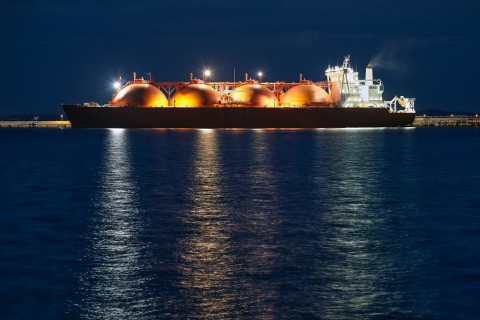
We hold industry accountable to their clean-up obligations
Oil and gas companies have a responsibility to the environment: they are legally obliged to clean up land they have used. We provide information to landowners about their rights regarding oil and gas development on or near their property.
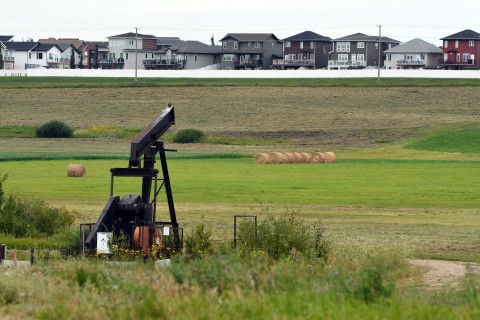

Contact our Oil & Gas team

Program Director
Janetta McKenzie
c: 587-328-2040
e: janettam@pembina.org
Media Contact
Benjamin Alldritt (Mountain Time)
c: 587-328-1955
e: benjamina@pembina.org
Get our Pembina Perspectives
Pembina Perspectives provides thoughtful, evidence-based research and analysis to support action on climate — in your inbox every two weeks.
We endeavour to protect your confidentiality; read our full privacy policy.
